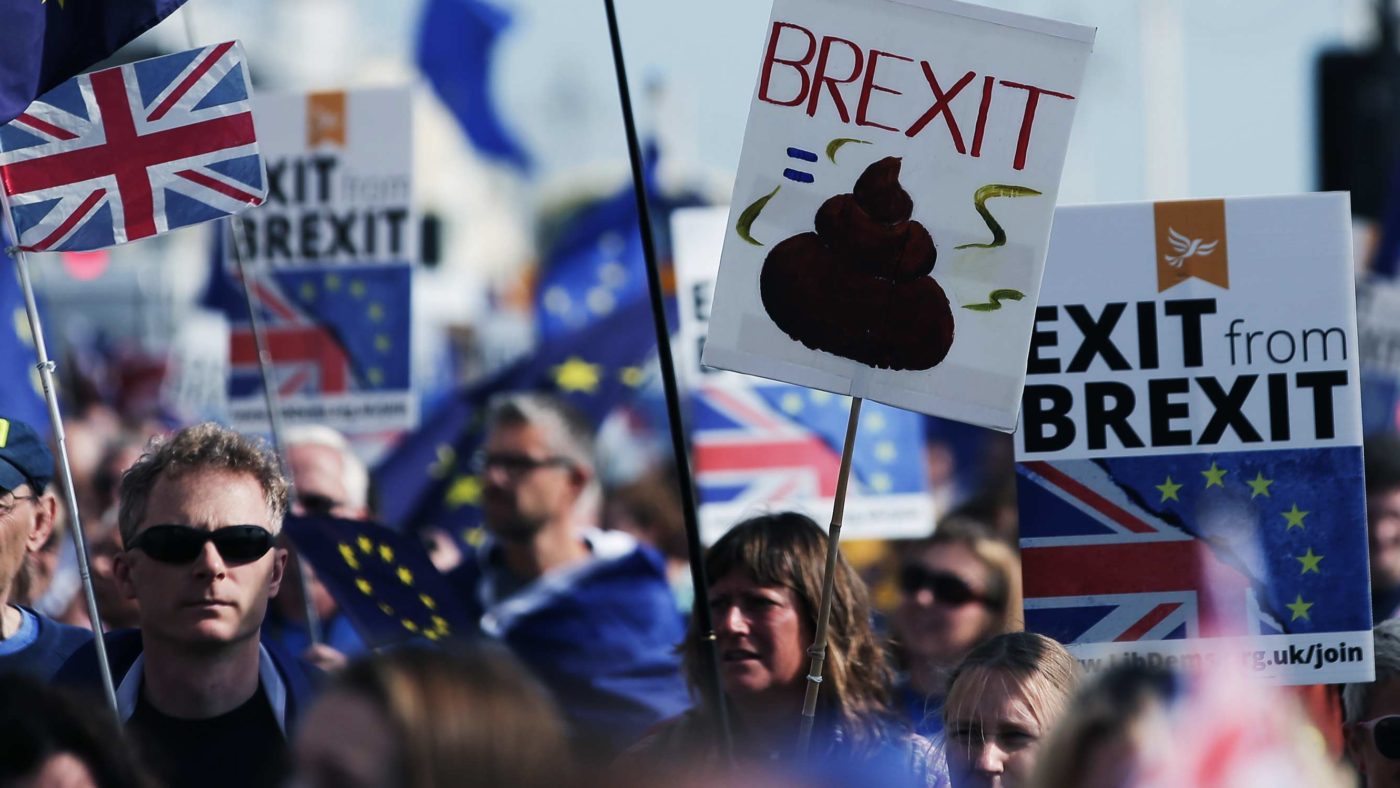First we had the debate about whether we should have a referendum. Then we had the referendum campaign. Then we had the vote. You would have thought that would have been the end of it. But no, the public was then subjected to a debate about whether or not there should be a second referendum. Then there was the snap General Election where, yet again, Brexit dominated. The UK government finally seems to be making progress on a deal with the EU, but still the debate drones on and on.
I campaigned and voted for Brexit, and I still believe that the UK’s interests are best served by leaving the EU. Brexit is probably one of the most important events of our generation and so it is right that it was discussed and debated. And throughout the process, it is important that the government is held to account by both the opposition and the press. But over the past year, I have started to experience Brexit fatigue. Quite simply I am bored of the endless debate. Bored of every news bulletin, every political programme, every newspaper, every washed-up politician and every B-List celebrity incessantly banging on about Brexit.
It seems increasingly likely that the government will strike a deal with the EU. And that it will avoid a hard border with Ireland, involve some form of regulatory convergence, and involve free trade with the continent. The “bad deal” and the “no deal” scenarios seem increasingly unlikely. And so now is surely the time for the Brexit alarmism to dissipate. The debate as to whether the referendum decision should be overturned or whether there should be a second referendum are fast becoming redundant.
Not only is the debate now incredibly tedious, it has become increasingly unhinged. It has resulted in once sensible people spouting the most lurid and outrageous claims and coming close to blaming Brexit on the Russian government. Some of the ramblings from formerly well-respected politicians and philosophers make David Icke seem balanced and reasonable.
But this Brexit hyperbole isn’t just annoying. It’s a dangerous distraction from the problems facing the UK at home that prevents the government from focusing on domestic policy.
Throughout history, leaders have either found international events to be a welcome distraction from domestic problems or had their plans on the home front scuppered by crises abroad. Henry V invaded France and instigated the third phase of the Hundred Years’ War in order to to solidify his popularity at home and quell unrest from other nobles. Otto von Bismarck utilised similarly diversionary foreign policy. Franklin D. Roosevelt, by contrast, found that he had to jettison much of his domestic policy because of the Second World War.
The UK is facing serious problems at home but politicians, commentators, and the media are still obsessed with Brexit. There is a real cost of living crisis in the UK with many households struggling to make ends meet. Moreover, the cost of living frequently tops the polls of what people in the UK care about, coming in ahead of Brexit, education, and the NHS. The problems facing people in the UK require bold market-based solutions. For example, the housing crisis could be solved quite easily, and millions of more homes built, if the planning system was liberalised, stamp duty abolished, and if developers were allowed to start building on the green belt. Such moves would help to solve the housing crisis and would dramatically improve the living standards of people in the UK.
Many families are facing the tough choice between working and paying for childcare, or staying at home. Childcare costs in the UK are among the highest in the developed world with households in the UK spending a higher proportion of their income on childcare than in other highly developed economies including the United States and Australia. Relaxing the rules about child to staff ratios and the requisite qualifications of staff would dramatically decrease the cost of childcare.
There are a plethora of other issues which exacerbate the cost of living crisis in the UK which is causing misery to millions of people across the country. For example, energy bills are very expensive in the UK due to renewable energy subsidies. Furthermore, people in the UK experience very high transport costs due to Vehicle Excise Duty, fuel duty, and Insurance Premium Tax in addition to the government meddling with the railways.
The problems facing households in the UK can be solved by simple supply side solutions. But require fresh, creative thinking from politicians with the time and the ability to push through these much needed reforms. Such reforms will require the support of political commentators in the press and the media more broadly. Unfortunately, many of the country’s most talented advocates of the market are to busy worrying about Brexit. free market supporting politicians are distracted by and tied up with Brexit.
Brexit is obviously important. But now we know we are leaving and, broadly speaking, what the outline of our future relationship with Europe will look like, could some of the time devoted to Brexit not be used to address other important issues?


